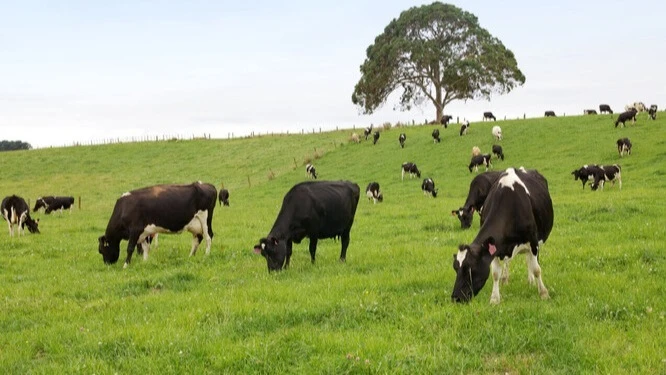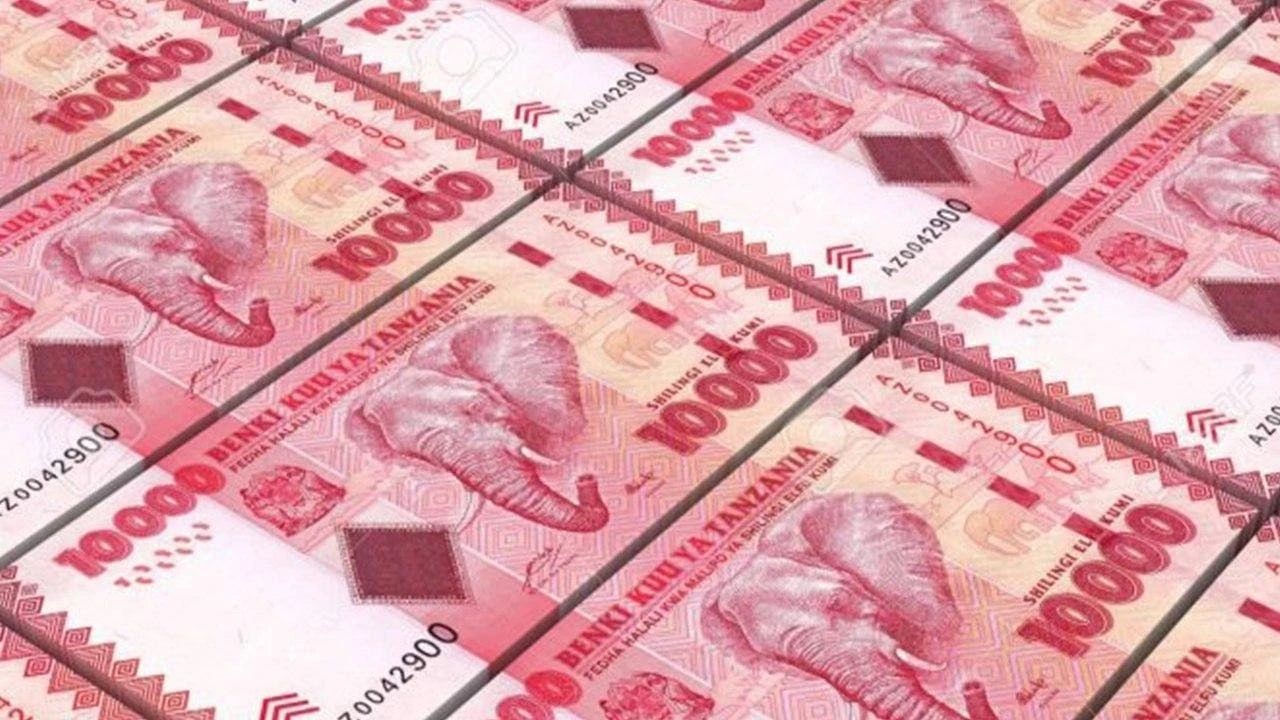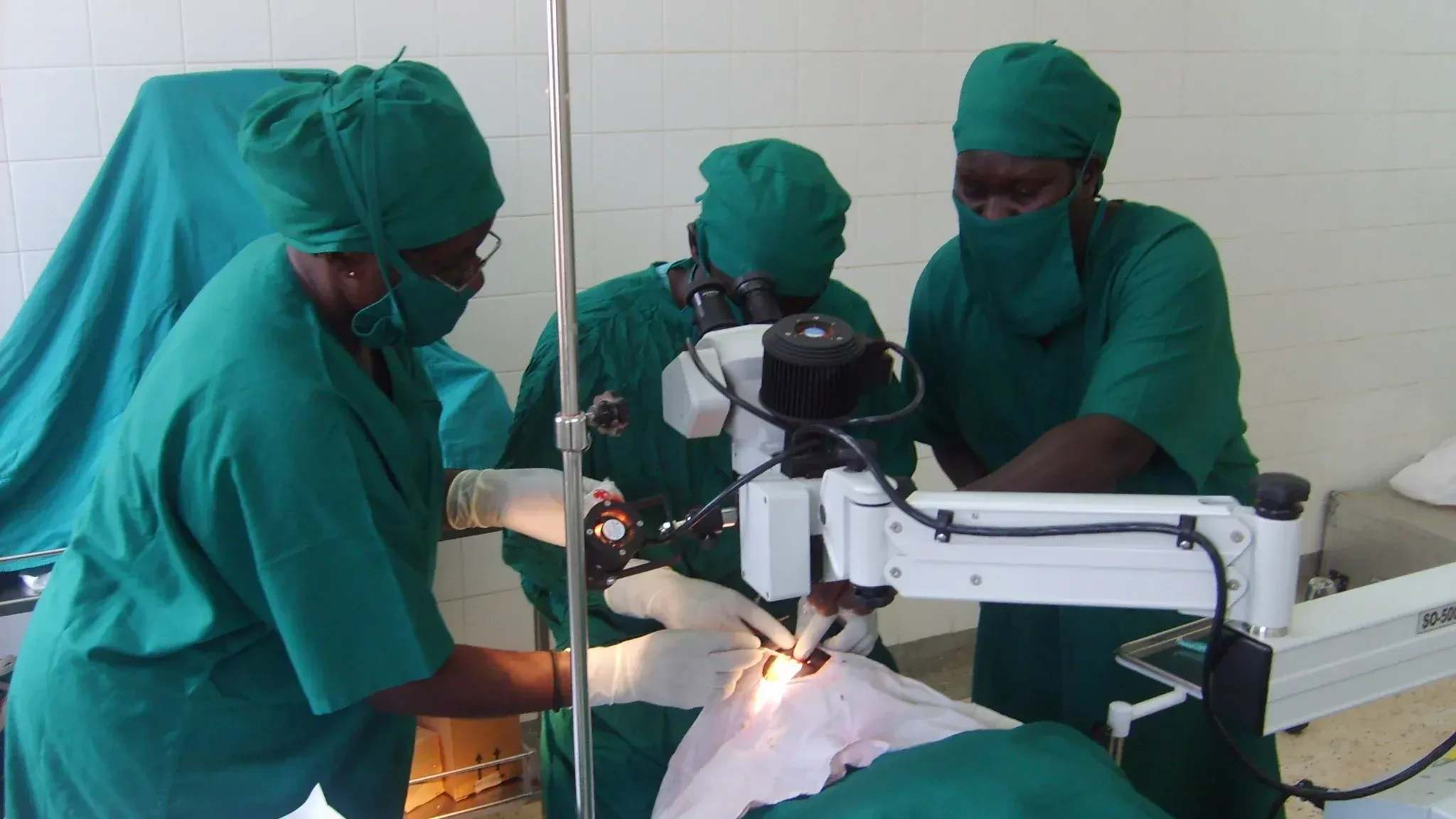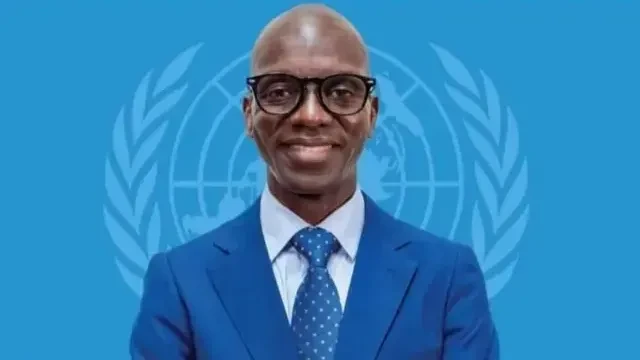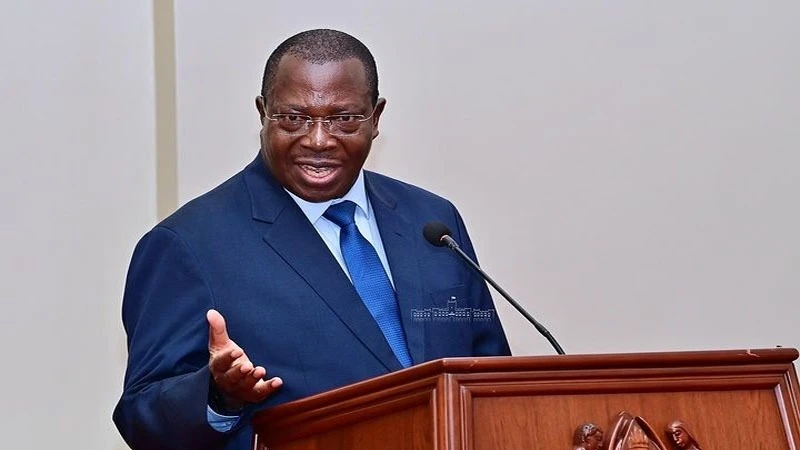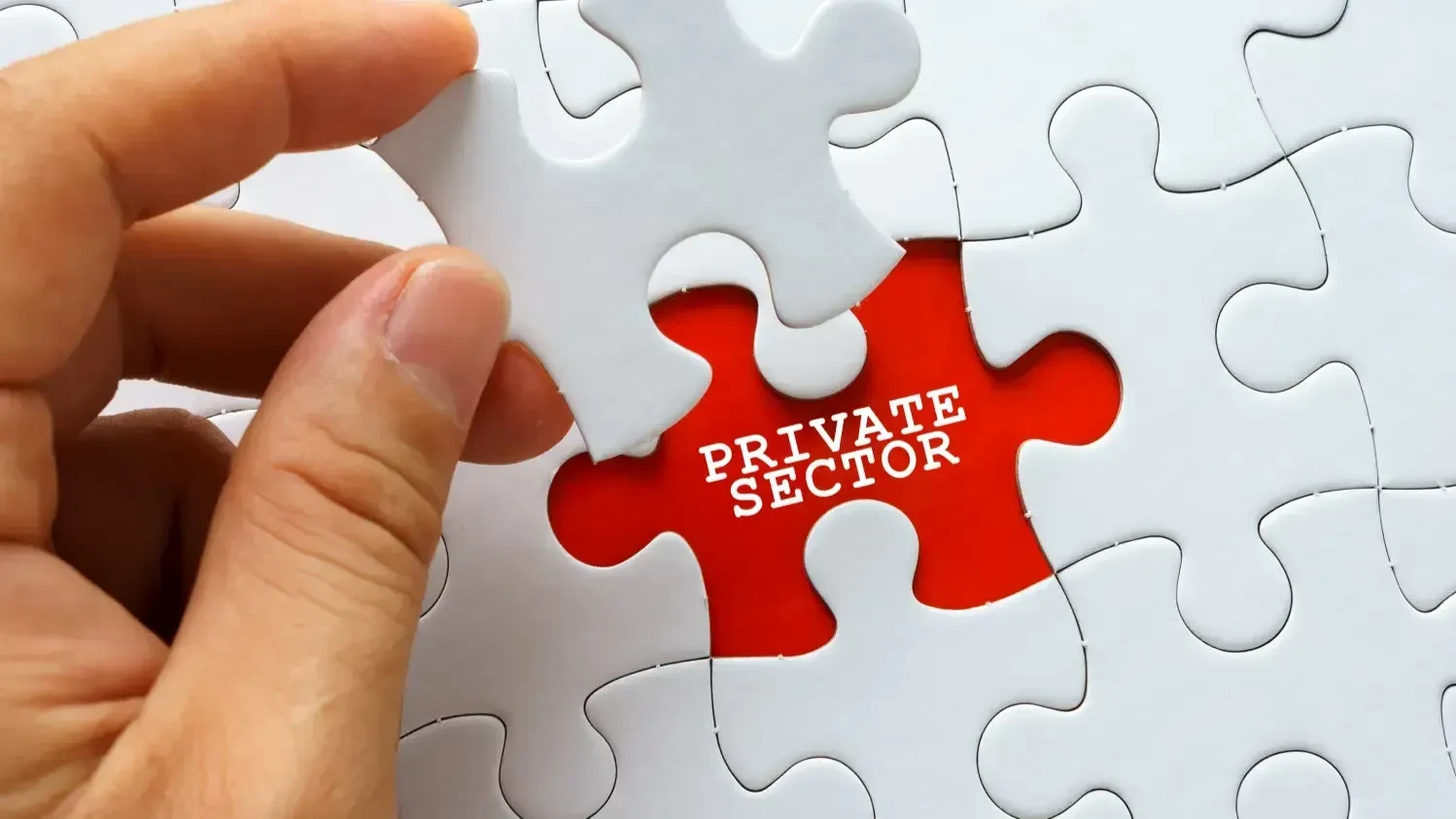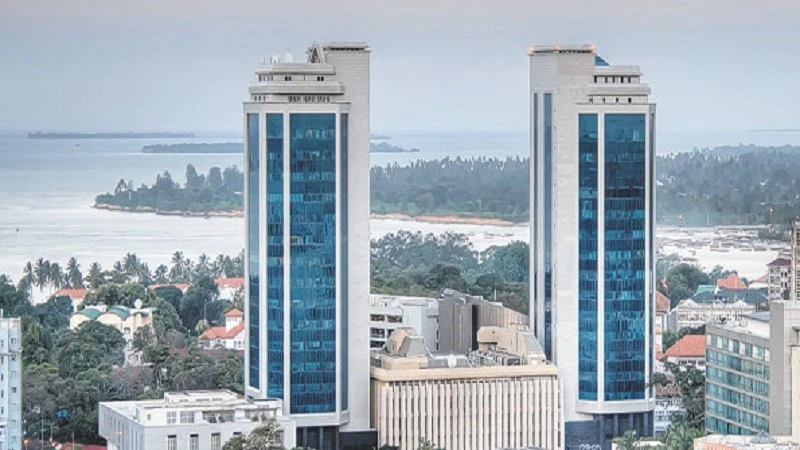Get those capital inflows right and internet link will fix itself

SOME platform declarations are inspiring to an extent, while a second look would make one conclude that they amount to stating the obvious.
A ready example would be declaring that Tanzania is ready to embrace the digital economy and contribute to global technological transformation. For a corollary to this, one might choose to declare that young people across Africa need to use the internet responsibly and for their benefit.
This goes without saying, the issue being the number and variety of credible opportunities they can find. Thus, sadly, some administrators at times make remarks – or even issue instructions – from an armchair position, including focusing needlessly much on skills.
This sentiment is often part of a mixed bag of administrative advertising and internet tourism, when we hear of affirmations of Tanzania’s commitment to advancing the digital agenda and positioning itself as a key player in Africa’s technology-driven future.
This sort of projection, once pronounced, takes on a measure of reality, even if it is far from having been substantiated. There may be some areas where we have some advantages, such as with respect to the optical fibre cable mechanism, but finally that is a rental asset competing with satellite or towers.
Things prove different when one comes down to the hard business of formulating model internet governance – as in the case of over 1,000 stakeholders, including African ICT ministers, gathering in Dar Salaam recently for the 14th Africa Internet Governance Forum.
There was less than forthright acceptance of how far we can use internet with global standards. Brisk trade in fixed assets and industrial or company layouts could easily induce a situation where a shift in sentiment say on credit or budget priorities contributes to heated debate before things are clear enough.
When there are no conditions for brisk trade in property or shares, with people thus projecting what particular sentiments imply for economic activity, debate and internet descend a ladder step or two
It becomes a rostrum for exchange of vilification, as those who are satisfied stay out of such exchanges and suddenly we start feeling that there are challenges with the internet.
To discuss critical issues related to internet policy or regulation and the role of digital economies in job creation demands that one gets the basics right, where new companies are springing up every day by dismantling monopoly.
When one hears that growing concern about youth unemployment across the continent made the forum lay particular emphasis on how internet access and digital platforms can serve as a catalyst for opportunity, economic growth and innovation among Africa’s young population, the lesson might not be learned rapidly enough.
It all the same remains evident that armchair formalism projects internet skills as a new panacea, and this postpones proper macroeconomic issues as to what sort of economy can create thousands of jobs.
There was an evident truism in at least one ringing formulation that young people, as the most active users of the internet across African countries, ought to avoid harmful content.
Instead, they ought to make use of digital platforms to engage in meaningful economic activities and explore new marketing avenues.
Yes, but not all young people are in the business of selling whatever is commonly sold, while even educated young people may join popular but unsavoury internet communities if other endeavours
Top Headlines
© 2025 IPPMEDIA.COM. ALL RIGHTS RESERVED






